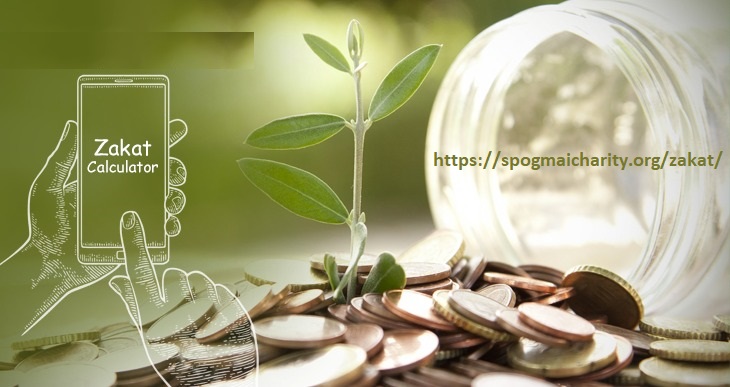Zakat VS Sadaqa
1 – Obligation: Zakat is an obligatory form of charity in Islam, while Sadaqa is voluntary.
2 – Amount: The amount of Zakat is fixed at 2.5% of a person’s wealth, while the amount of Sadaqa can be any amount a person chooses to give.
3 – Recipients: Zakat can only be given to specific categories of recipients, such as the poor, the needy, those in debt, and travelers in need. Sadaqa, on the other hand, can be given to anyone in need, including non-Muslims. Spogmai Charity Foundation distribute both Zakat and Sadaqa donations to eligible recipients according to Islamic guidelines.
4 – Timing: Zakat must be given annually, while Sadaqa can be given at any time.
5 – Intent: Zakat is given as an act of worship and obedience to Allah, while Sadaqa is given out of compassion and generosity towards others. Spogmai Charity Foundation emphasize the importance of both intentions in their fundraising campaigns.
6 – Method: Zakat is typically paid directly to the recipient or to an Islamic organization that distributes Zakat, while Sadaqa can be given in a variety of ways, such as through charitable organizations, direct giving to individuals, or by funding projects that benefit society. Spogmai Charity Foundation use both methods to distribute Zakat and Sadaqa donations.
7 – Punishment: Failing to give Zakat when it is due is considered a sin in Islam and may result in punishment, while there is no punishment for failing to give Sadaqa.
8 – Priority: Giving Zakat is a higher priority than giving Sadaqa in Islam, as it is an obligatory act in Islam.
9 – Impact: Zakat is intended to provide basic needs for the poor and needy, while Sadaqa can be used for a wide range of charitable purposes, such as education, healthcare, disaster relief, and community development. Spogmai Charity Foundation use Sadaqa donations to fund projects that have a long-term impact on communities.
10 – Reward: Giving Zakat and Sadaqa are both considered virtuous deeds in Islam and are rewarded by Allah. Spogmai Charity Foundation encourage Muslims to give generously and remind them of the spiritual benefits of giving charity.
Overall, Zakat and Sadaqa are both important forms of charity in Islam and can be used by Spogmai Charity Foundation to help alleviate poverty and promote social welfare in the Muslim community and beyond. Our projects are mostly implementing in Afghanistan.

